
Big data for understanding mass migration trends
Recent mobile phone-based technologies can provide new insights into the effects of large-scale migrations as they happen.
2 October 2019
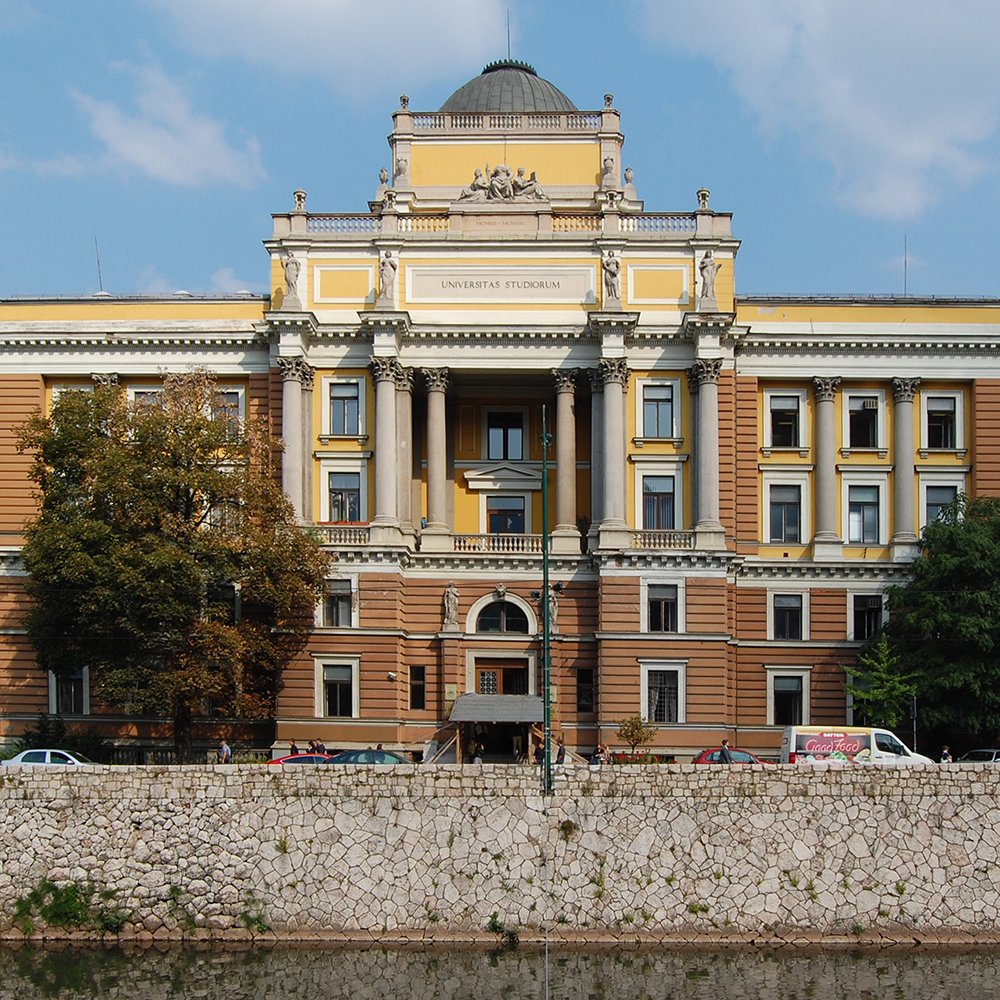
Research
Removing barriers for displaced academics
Researchers displaced due to conflict face a range of barriers when attempting to continue their professional pursuits in the country they have migrated to, removing these barriers is crucial for alleviating suffering and unleashing the potential of academics and students with unique backgrounds and perspectives.
12 September 2019

Redefining excellence to overcome geopolitical imbalances in research
European research funding is unevenly distributed. The success of the upcoming funding programme Horizon Europe hinges on how well it manages to overcome the geopolitical differences around the continent that have created this inequality. To realize Europe's full research potential, diverse contributions and widening participation must be recognized as an integral part of research excellence.
26 February 2019

What's next for the 'Lost Generation' of academics?
The 'lost generation' refers to mid-career researchers that, after completing many temporary positions, find themselves largely excluded from research careers. How do we address this growing issue?
29 October 2018

Opinion
Promoting women in science in Latin America and the Caribbean
If Maria Emilia is a Latin American scientist, half of her colleagues are probably also women, but her chance of being admitted to the National Academy or National Agency is much lower than for her male colleagues. What are the main challanges women in science face in Latin America and the Caribbean? And what policies would (or should) support them?
1 October 2018
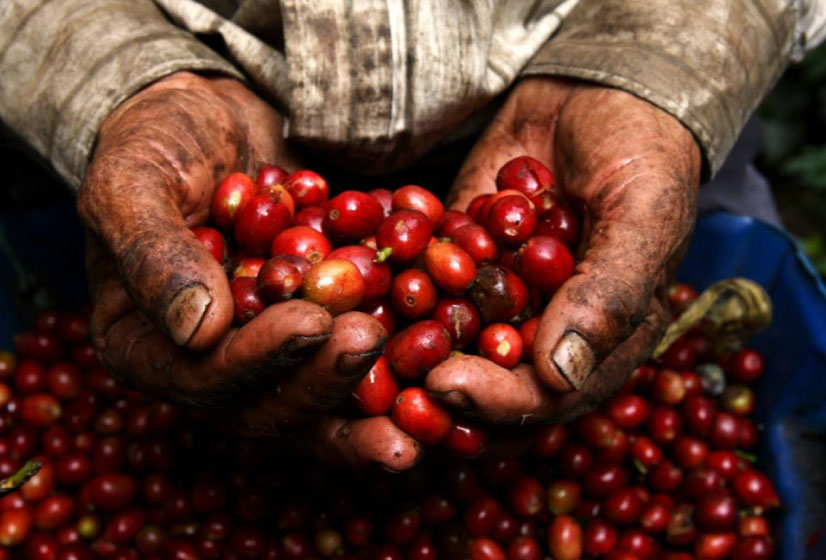
How climate services can help the world’s poor
Livelihoods of rural populations, especially in developing countries, depend heavily on weather and climate. The use of climate information in economic activities may serve as a possible adaptation strategy to changing climate conditions. Climate services channel climate information to individuals or organisations in a way that supports decision-making. Here we summarise the potential of climate services as a contributor to the Sustainable Development Goals and present an overview on how their economic value is assessed. We suggest that climate services could constitute, especially in the most vulnerable settings, an important element of climate change adaptation strategies boosting ongoing poverty alleviation efforts.
28 March 2018

An Evolutionary Arms Race
Around 700,000 lives are lost worldwide due to antimicrobial-resistant infections every year. Without viable antibiotic treatment options we are likely to return to a relative dark age of medicine – a time when common infections or injuries could kill, and common surgeries and immunosuppressive therapies may become unfeasible.
10 June 2017

The logic of synthetic biology: turning cells into computers
For years scientists have been studying E. coli as historians would an ancient tome. Biologists, biochemists, and geneticists have dissected, poked, and prodded E. coli until it gave up its secrets: the basic principles of cellular life. Synthetic biologists, on the other hand, look at E. coli and think to themselves: “let’s make a computer”.
9 April 2017

Opinion
A Gaming Revolution for International Development
There are more than one billion people living under $1.25 a day and almost the same number playing at least one hour of video games worldwide. So, how can the popularity of games be harnessed for positive social change?
21 March 2017
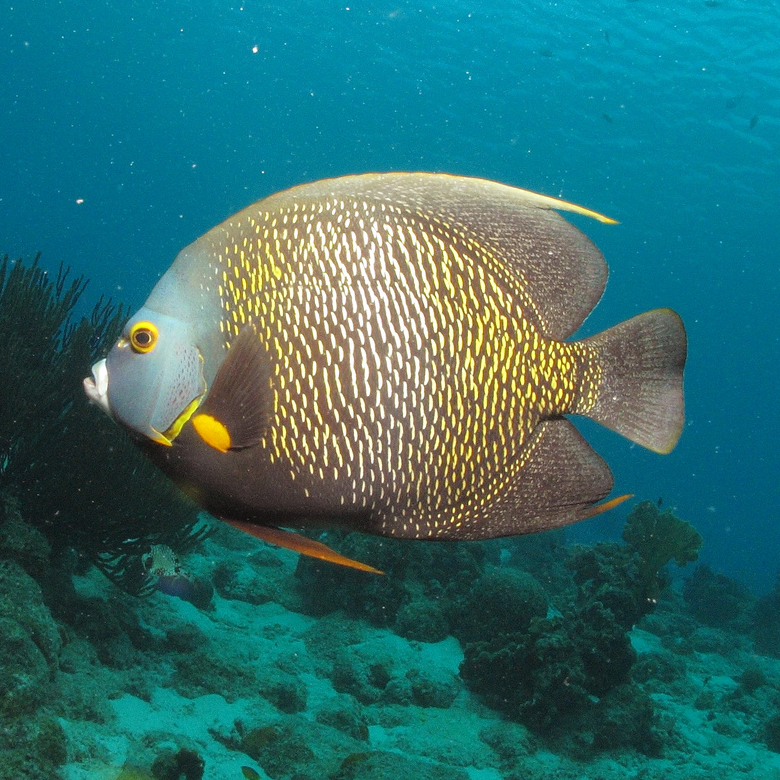
Fish-like flow sensing on underwater vehicles
Natural biological sensors, designed, tested, and adapted via evolutionary processes, typically exhibit sensing performances that far exceed those currently achieved by human-engineered sensors. Bioinspired and biomimetic flow velocity sensors, inspired by the mechanosensory lateral-line system found in blind cavefish, can be used for a wide range of applications including underwater robots.
5 February 2017

Are Pro-Government Political Militias Evidence of a Strong State?
The growth of pro-government political militias and unidentified armed groups has traditionally been associated with weak state capacity however, new research suggests this may be a method of institutional management and can be seen as evidence of a strong state rather than a fragile one.
13 March 2016

Measuring Global Success
Much debate surrounds the choice of indicator used to determine economic performance and stage of development for governments, businesses and citizens.
24 January 2016
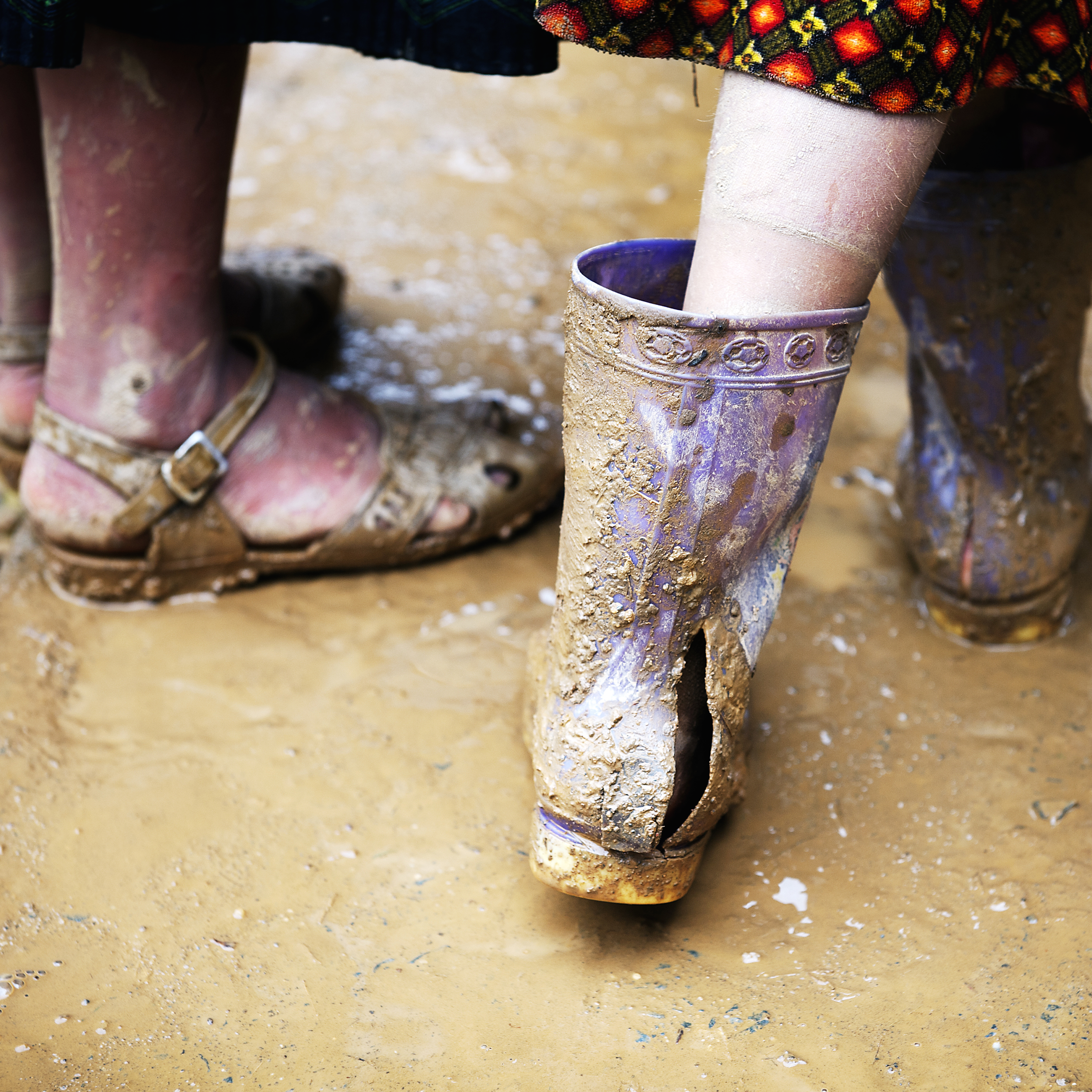
Behavioural insights in the age of austerity
The science of behavioural insights is increasingly seen as an essential component of the toolkit of the savvy policy-maker. However, advances in economic, social, cultural, and evolutionary psychology remind us to keep society, as well as the individual, in focus when looking for the root causes of social problems
17 December 2015
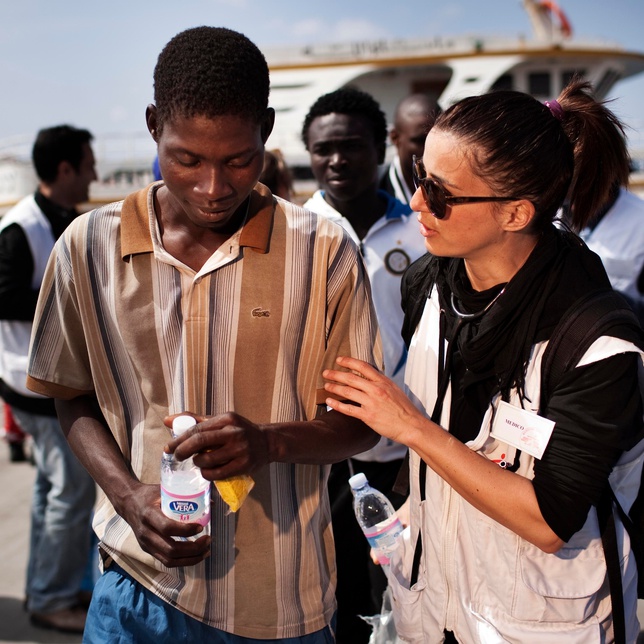
Climate Change, Health, and Migration
In 2003, one million people fled Beijing during a SARS outbreak. In 2009, tens of thousands fled Zimbabwe during an outbreak of cholera. Anna Brach and Khalid Koser discuss how health crises arising from climate change are a significant driver of mass migration.
20 October 2015

Is Guilt a Good Motivator for Pro-social Behaviour?
Automatic enrolment to pro-social programmes is popular but unlikely to always be the optimal policy. New behavioural economics research suggests that whether a policy breeds guilt or resentment helps determine if it will be effective or not.
9 October 2015
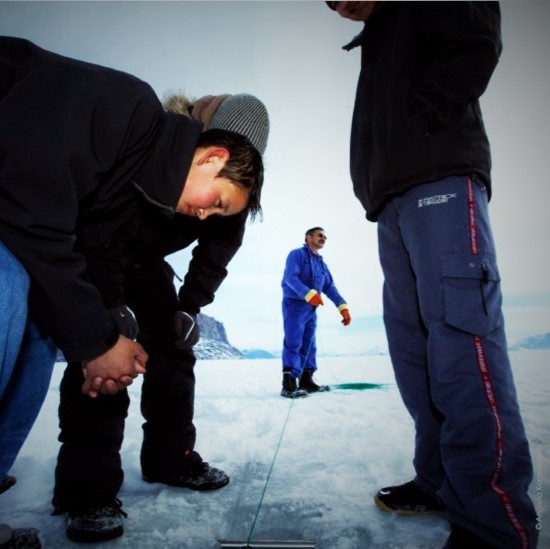
Living above the Arctic Circle
Climate change affects everyone. For Arctic communities, the unpredictable nature of the changes is having a profound impact on health and entire livelihoods. The Arctic people know they’ll need to adapt to a rapidly changing landscape, one in which dependency on the seasons can no longer be relied upon.
30 September 2015

The Trans Pacific Partnership: Trade and Globalisation
Shrouded in secrecy, and acting outside established international channels for trade negotiation, will the Trans Pacific Partnership further marginalise smaller and less developed nations in their quest to secure a place in the global marketplace?
22 June 2015

Investing in institutional ‘software’
Building resilience to extreme weather needs a systems approach, including institutional ‘software’ as well as technical, financial, and physical infrastructure – or ‘hardware’.
12 May 2015
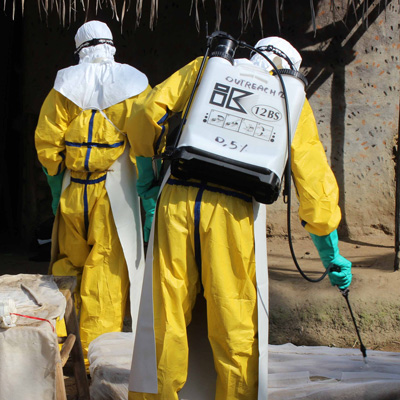
Ebola: 38 years, 25 outbreaks
While forming a key component of the recent Ebola response, much debate surrounds how clinical trials testing new experimental treatments for the disease should be designed.
26 March 2015
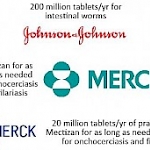
Donated Drugs Against Neglected Tropical Diseases
One in six of the world’s population live in rural areas, and suffer from poor health - especially chronic diseases caused by infection with parasitic diseases now known as ‘Neglected Tropical Diseases’ or NTDs.
1 June 2014

Engaging Digital Citizens for Children’s Rights
Never before has there been such a rich opportunity to engage the world’s digital citizens, including a newly empowered youth, in issues surrounding children’s rights and well-being.
1 June 2014
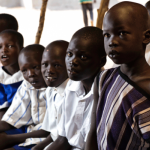
Hope for Humanitarianism
Can humanitarian aid ever really be non-political? How far should NGOs go to avoid being drawn into the power-struggles inherent to warfare? And what happens when international organisations are denied access, and local communities become the only humanitarian actors?
1 October 2013

Opinion
The World Needs Science and Science Needs Women
With research showing that a mere 32 per cent of employed scientists and engineers are women, the challenge lies in being able to retain female scientific talent and encouraging a higher level of participation beyond school and into the workplace.
1 May 2013

Can We Make Our Demand for Food Sustainable and Secure?
Addressing over-consumption and waste are routes to reducing demand, but these probably won’t balance the need to produce more food. To what extent can we increase food production in a way that is both sustainable and secure?
1 January 2013

The BRICS
Since their emergence as a group, many commentators have championed the BRICS as good news for global health. However, this article seeks to explore whether it is right to assume that their economic accolades readily extend to the sphere of Global Health.
1 January 2013

Investing in Africa
According to the International Monetary Fund, seven of the ten fastest growing economies over the next five years will be in Africa, a figure which is starting to capture the attention of both private and institutional investors.
1 January 2013
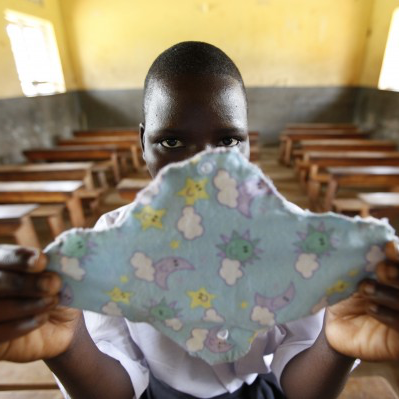
What Do Menstruating Girls Need in Schools?
Imagine trying to attend classes in these schools while you have your menstrual period. Imagine your menstrual period is extremely painful. Imagine your reuse-able pad is soaked through but there is no running water to clean it, or that there is no trash bin to get rid of it. And don’t forget this happens every month.
1 January 2013

Re-Thinking Rural Architecture in Syria
This article outlines a model for developing rural housing in Syria by means of relying on local resources including labour, materials and techniques.
1 October 2012

Nanotechnology for Sustainable Development
The science of the very small, nanotechnology could play a key role in tackling many sustainable development issues ranging from fresh water supply and food decontamination to green technology.
1 October 2012

Lighting up Lives with Energy Efficient Lighting
New Light Emitting Diode (LED) technology could potentially achieve a reduction of 15% in total electricity consumption in developed countries
1 May 2012






